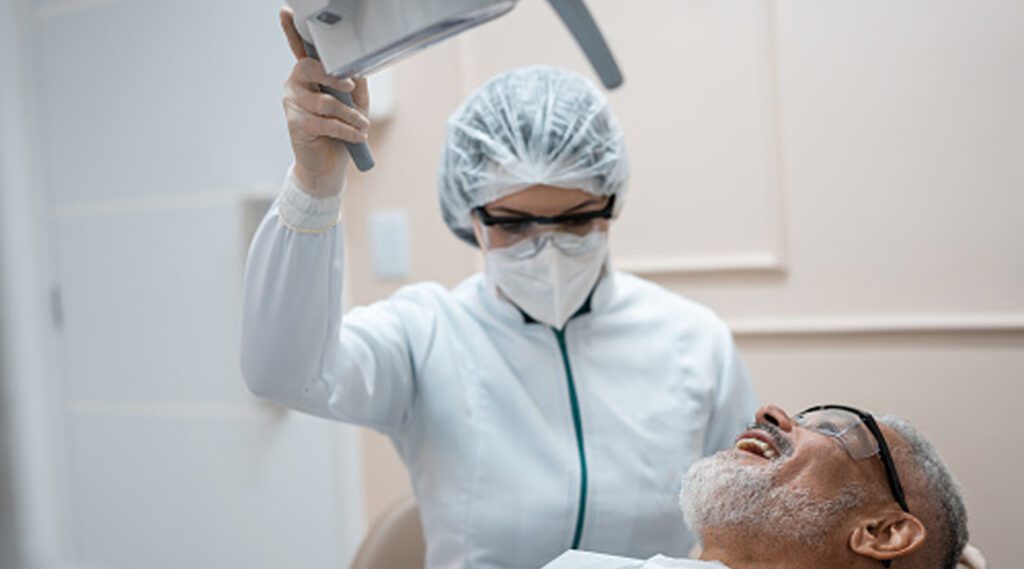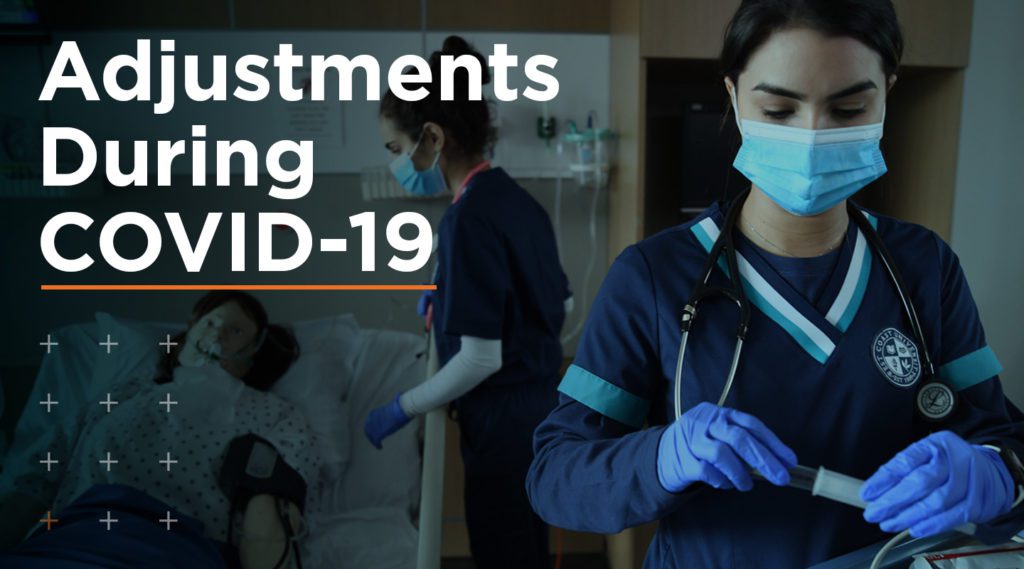What are the symptoms of COVID-19?
Reported illnesses have ranged from people with mild symptoms to people becoming severely ill, requiring admission to the hospital, and dying.
Symptoms include:
- Fever
- Cough
- Difficulty breathing
- Severe illness
What should I do if I have these symptoms?
Most people will have mild symptoms and should stay home until 24 hours after fever. Certain people should call their doctor early, including the elderly, pregnant women, those with compromised immune systems or underlying medical problems. If you are having difficulty breathing or keeping fluids down, go to an emergency room or call 911, otherwise it is better to call your doctor before going in to seek care.
What are we doing to stop the spread?
- We are aggressively wiping down all surfaces with disinfectant wipes and sprays.
- We have deep cleaned all campuses and will continue to do so frequently.
- We are frequently refilling the hand sanitizer station and adding new ones as needed.
- We are providing wipes to all for frequent cleaning.
- We are all practicing appropriate social distancing.
What should I be doing to help stop the spread of the virus?
- Stay home when sick for at least 24 hours after you no longer have a fever or symptoms of a fever without the use of fever-reducing medicines.
- Get a flu shot to prevent influenza if you have not done so this
- Wash your hands often with soap and water for at least 20 seconds. If soap and water are not available, use alcohol-based hand sanitizer that contains at least 60% alcohol.
- Cover your coughs and sneezes with a tissue, and then dispose of the tissue and clean your hands immediately. If you do not have a tissue, use your sleeve (not your hands).
- Avoid touching your eyes, nose, and mouth with unwashed
- Limit close contact, like kissing and sharing cups or utensils, with people who are
- Avoid touching your eyes, nose, and mouth.
- Clean and disinfect frequently touched objects and surfaces using a regular household cleaning spray or wipes.
How is the virus spread?
Like other respiratory illnesses, such as influenza, human coronaviruses most commonly spread to others from an infected person who has symptoms through:
- Droplets produced through coughing and sneezing
- Close personal contact, such as caring for an infected person
- Touching an object or surface with the virus on it, then touching your mouth, nose, or eyes before washing your hands
We are learning more each day about how easily the new coronavirus spreads and how long it takes for people to become sick. As information becomes available, we will keep you informed.
Can I get tested for the coronavirus?
Testing is not helpful if you do not have symptoms. However, most people will get better with rest so there is no need to see a doctor if you have mild symptoms. If you develop difficulty breathing or cannot keep fluids down, see a doctor or call 911. Certain patients such as the elderly, those that are immune compromised or have underlying medical conditions should call their doctor earlier. If you have mild symptoms, there may be no need to go to a medical facility to see a doctor. If you have questions, please call the clinic or your doctor before going in.
Source: Los Angeles County Department of Public Health
WCU provides career guidance and assistance but cannot guarantee employment. The views and opinions expressed are those of the individuals and do not necessarily reflect the beliefs or position of the school or of any instructor or student.


